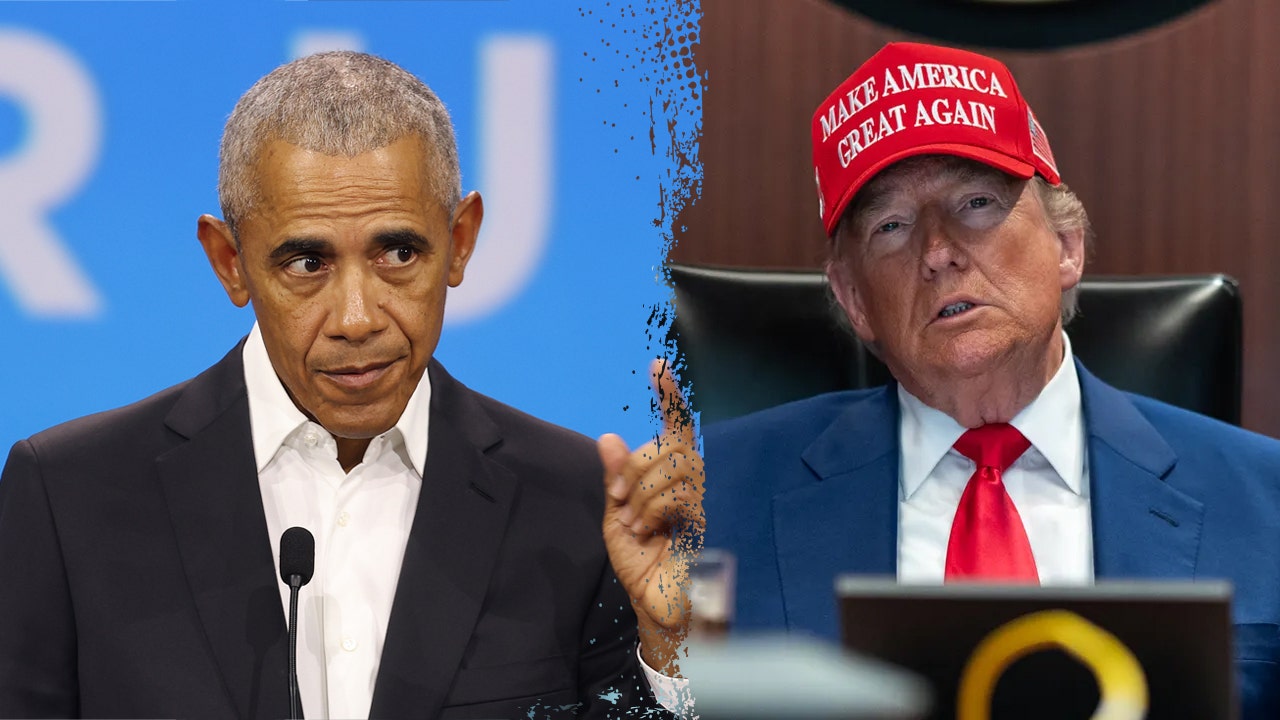Trump’s Iran strikes renew debate over presidential war powers authority

President Donald Trump’s recent decision to order military strikes on Iran without seeking congressional approval has reignited the debate over the balance of power between the executive and legislative branches of government. This move was met with immediate criticism from lawmakers on both sides of the political spectrum, who argue that the Constitution gives Congress the authority to declare war, while granting the president control over the military and foreign policy.
Gene Healy, a senior vice president with the Cato Institute, pointed out that presidents have been skirting Congress’s authority in matters of war for decades. Healy emphasized that this practice is in direct conflict with the original intent of the Constitution, which aimed to prevent any single individual from unilaterally involving the United States in foreign conflicts.
The War Powers Act of 1973 was enacted to limit presidential authority in deploying military forces without congressional approval. However, critics argue that the resolution lacks teeth and that Congress needs to take more decisive action to reassert its constitutional role in matters of war.
Former President Barack Obama’s decision to authorize airstrikes in Libya in 2011 without congressional approval also drew criticism, with legal experts and lawmakers questioning the constitutionality of such actions. The Office of Legal Counsel, a part of the Department of Justice, justified Obama’s actions at the time, arguing that the president had not violated the Constitution by bypassing Congress.
President Trump’s recent military strikes on Iran drew both support and condemnation from members of Congress. While some lawmakers praised the president for taking decisive action, others, such as Rep. Alexandria Ocasio-Cortez and Rep. Thomas Massie, condemned the move as unconstitutional and called for Trump’s impeachment.
The debate over presidential war powers is not a new one, with past administrations, including those of George H.W. Bush and Bill Clinton, facing similar scrutiny for military actions taken without explicit congressional authorization. The Office of Legal Counsel has historically provided legal justification for such actions, arguing that presidents have the authority to use military force in certain circumstances without congressional approval.
As the debate over presidential war powers continues, it remains to be seen whether Congress will take steps to assert its authority in matters of war and national security. The tension between the executive and legislative branches highlights the ongoing struggle to maintain the delicate balance of power established by the Constitution.




